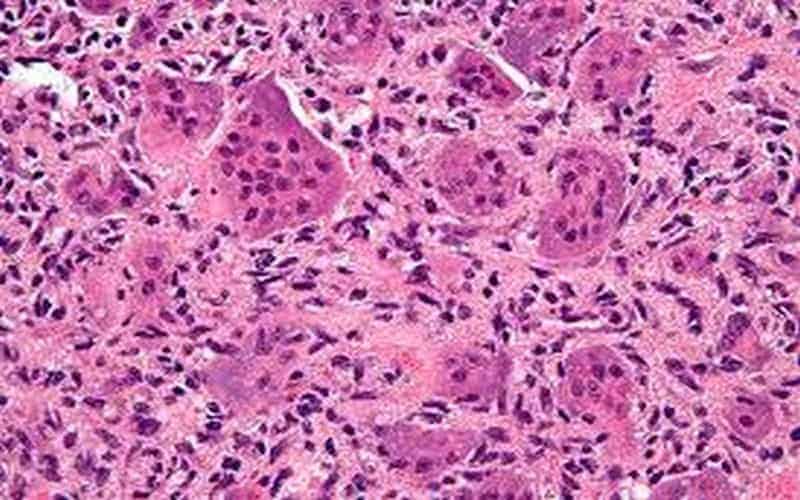Washington: Researchers from the Stowers Institute for Medical Research have found a new study about proteins involved in tumour growth and metastasis.
The study was published in the journal, ‘Science Advances.’
The researchers also uncovered potential avenues for the development of treatments for diseases such as breast cancer.
The study focuses on the tumor-suppressing function of SMAD4, a transcription factor protein normally involved in the regulation of cell growth processes.
Its function is often turned off in breast cancer, which allows tumour to flourish and metastasize.
In this report, the researchers found that BRK, a non-receptor protein tyrosine kinase, binds to and leads to SMAD4 breakdown. In order to understand the research well, the study was done using human cell lines, including a panel of breast cancer cell lines.
The research suggests that treatments targeting BRK, which is present in more than 85 per cent of breast cancer tumours, may help retain SMAD4 function, therefore reducing or stopping tumour growth.
Sayem Miah, lead researchers of the study said, “The BRK kinase is present in more than 85 per cent of breast cancer tumours.”
“Our research suggests that treatments targeting BRK may help keep SMAD4 function intact, therefore reducing or stopping tumour growth,” added Miah.
“We’ve known for a while that BRK functions like an oncogene – a gene that has the potential to cause cancer when mutated or abnormally expressed – in breast cancer,” he explained.
Adding, “Ultimately, we want to know whether BRK alone can drive breast cancer progression, and if so, by what mechanism.”
The lead researchers believe that these findings are a vital step in understanding how cancer works and would like to find other molecules that work with BRK to degrade SMAD4. “If we can further increase our understanding of this protein network, these insights may reveal new targets for metastatic cancer intervention,” he said.

